Residents of the war-torn Gaza Strip have expressed frustration and disappointment at the apparent silence of the Arab world amidst ongoing Israeli attacks. As US students take to the streets in protests demanding an end to the violence, Palestinians question why their Arab counterparts have not shown similar solidarity.
Despite facing pressure and arrests, students across the United States have mobilized in large numbers, calling for an immediate halt to Israeli airstrikes on Gaza. Their activism has been met with gratitude by Gaza residents, who see it as a powerful display of support. However, Palestinians are puzzled by the lack of a comparable response from the Arab world.
Salah Sudai, a Gaza resident, praised the courage of American students but questioned why their counterparts in the Arab world have remained silent. He expressed disappointment at the disparity in vocal support between Western countries and Arab nations.
Ayat Al Najdi, a Gaza student who survived multiple bombing raids, thanked the students of Columbia University for their solidarity. She urged Arab students to join the movement and stand against the ongoing war.
The prevailing sentiment among Palestinians is that the strict laws and policies of Arab governments have stifled dissent and prevented students from voicing their support for Gaza. Many Arab governments, at odds with the policies of Hamas and Iran, may be reluctant to openly endorse protests against Israeli actions.
However, there are signs of dissent within the Arab world. Some students, like Serin from Iraq, have voiced their unwavering support for Gaza and criticized the delayed response of Arab students. In Iraq, students protesting against the Gaza war expressed shame that US students had taken the lead in supporting Palestinians.
As the conflict in Gaza continues to escalate, Palestinians hope for increased solidarity from their Arab counterparts. The discrepancy in activism between the Western and Arab worlds underscores the complexities and challenges facing the region amid ongoing geopolitical tensions.
End/v7n/aj/dk



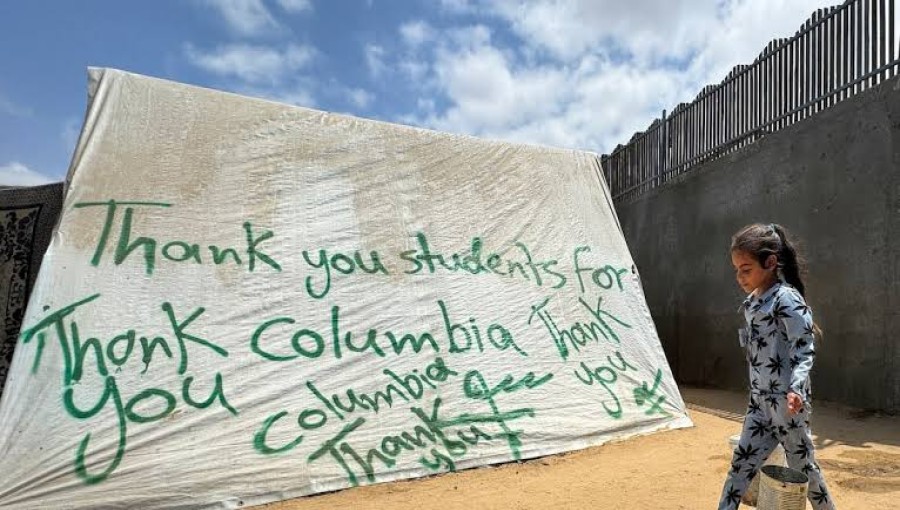
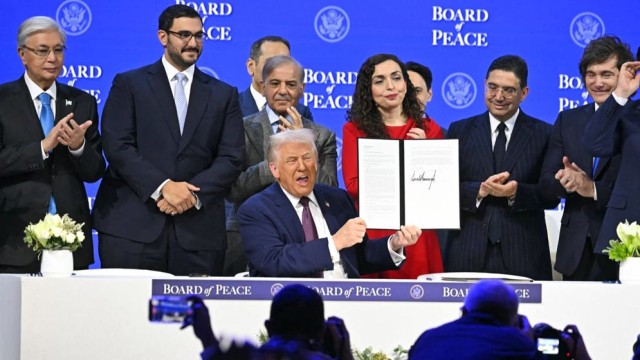

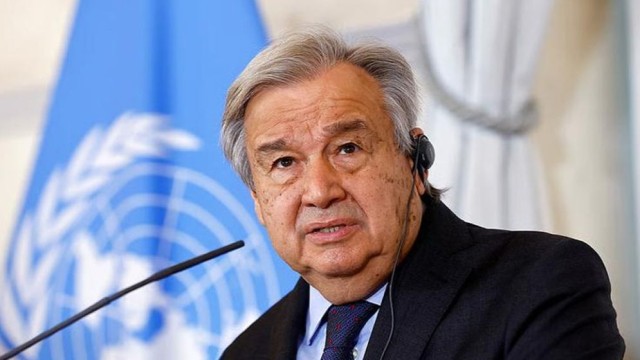
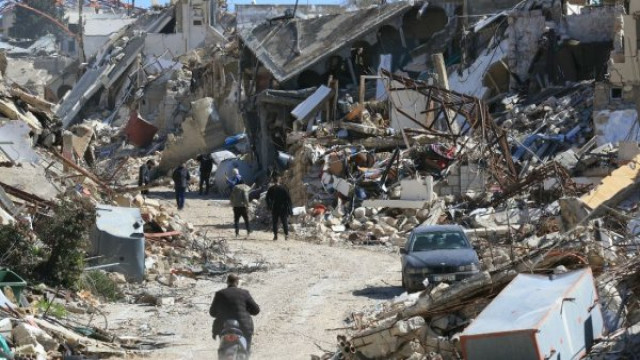
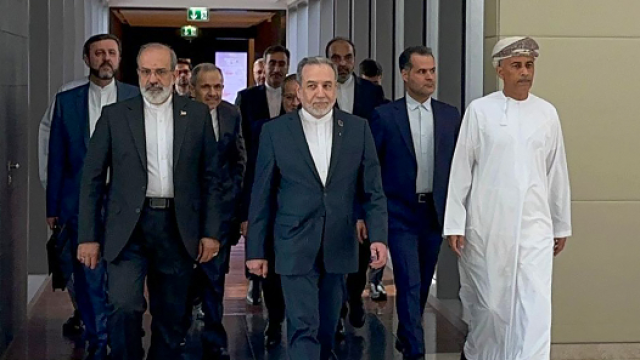
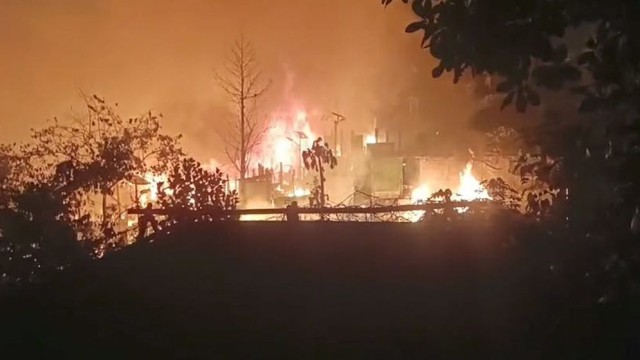





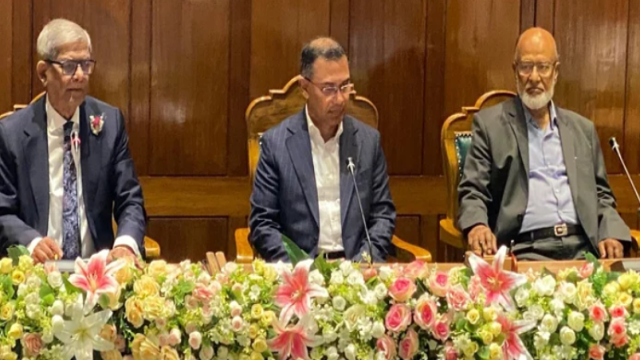



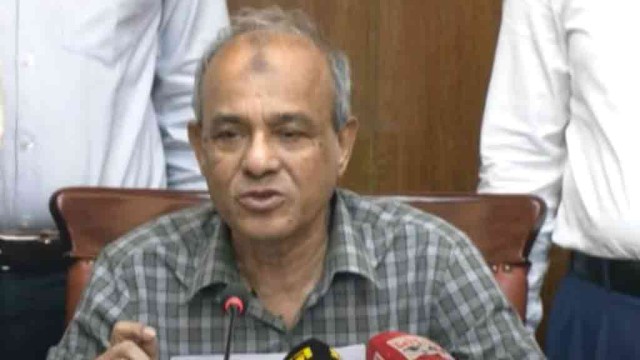











Comment: